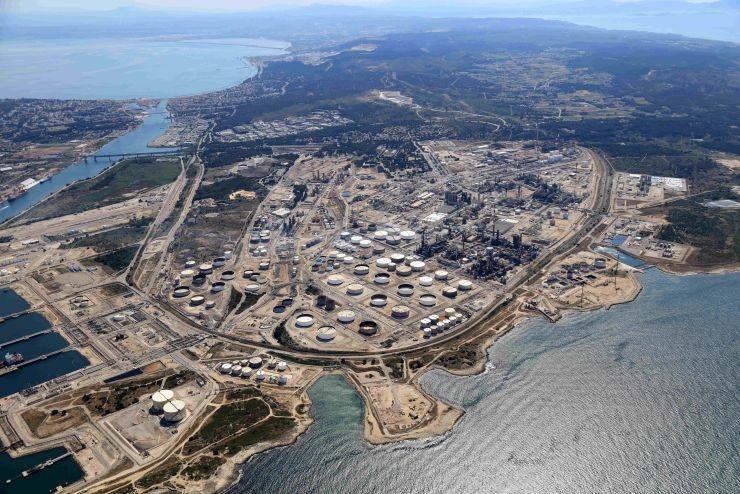EU Agrees to Extend Deadline for Development of Simplified CSRD Sustainability Reporting Standards
The European Commission revealed that it has allowed additional time for the European Financial Reporting Advisory Group (EFRAG) to complete its work on the revision of the European Sustainability Reporting Standards (ESRS), extending the deadline for EFRAG’s technical advice to November 30, from the prior October 31 deadline.
EFRAG, which had previously expressed concerns that the initial tight timeline could affect the quality of its process to develop the updated sustainability reporting standards welcomed the extension, with Patrick de Cambourg, EFRAG SRB Chair noting that the “additional time will allow for a more inclusive and robust consultation process, helping us deliver technical advice that reflects both usability and ambition in sustainability reporting.”
The revision of the ESRS, the reporting standards underlying the EU’s Corporate Sustainability Reporting Directive (CSRD), forms a major part of the European Commission’s Omnibus I package, aimed at significantly reducing the sustainability reporting and regulatory burden on companies. As part of the package, the Commission proposed plans to revise the ESRS, with the aim of substantially reducing the number of data points required by the sustainability reporting standards.
EFRAG was mandated by the European Commission in June 2020 to prepare the initial ESRS, which were adopted by the Commission in 2023. Following the release of the Omnibus package, the Commission mandated EFRAG with developing technical advice to revise the ESRS in line with the proposals simplification objectives. The Commission’s letter to EFRAG set a timeline of only seven months, with a deadline for the new advice of October 31, 2025.
In a recent update on its efforts, EFRAG told the Commission that its ESRS revision process was on track, but acknowledged “challenges associated” with the short duration of the public consultation allowed by the deadline, and added that it “considers that a longer timeline could contribute to a more secure management of quality.” EFRAG also noted that it is aiming to cut mandatory ESRS datapoints by at least 50% in its revision.
In a letter to EFRAG announcing the extended deadline, European Commissioner for Financial Services and the Savings and Investment Union Maria Luis Albuquerque said:
“In light of your request for additional time to develop your technical advice, I am pleased to inform you that we can accept to extend the deadline by one month to the end of November this year. This extension should allow for a higher quality revision process, by giving more time for stakeholders to respond to the public consultation and potentially also allow more time for EFRAG itself to complete its internal deliberations and the necessary technical work.”
Following the receipt of the letter, EFRAG announced that it would extend the duration of its planned consultation beginning at the end of July to run for 60 days from its original 30 – 45 day plan.
Albuquerque’s letter also included a series of considerations and guidelines for EFRAG to take into account in its ESRS technical advice process, including a principle that no new data points should be added to the ESRS and that no data points that are currently voluntary should be made mandatory, ensuring that the standards are “substantially shorter,” asking EFRAG to seek views on the advantages and disadvantages of including voluntary datapoints in the standards, and ensuring that the ESRS “result in reporting that is focused on strategically important information.”
The letter also notes the importance of maintaining interoperability between the ESRS and the ISSB standards to avoid double reporting for companies, but added that EFRAG seek the views of stakeholders in cases in which interoperability would hinder the simplification process, and to potentially “explore with the ISSB the possibility that the IFRS S1 and S2 standards could be simplified in a corresponding manner.”





